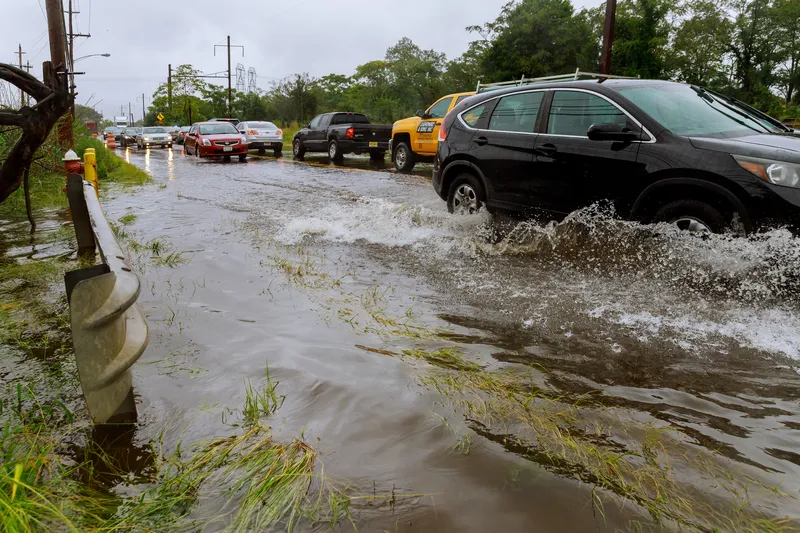
Michigan and Ontario are studying the feasibility of commercial drone skyway to help further decision-making for advanced air mobility.
The study will take place in three proposed areas, including an international connection between the US state and Canadian province, southeast Michigan and any other suitable location in Michigan.
A range of partners, including the Michigan Department of Transportation (MDoT) and the Ontario Vehicle Innovation Network will explore whether small drones can be flown beyond the line of sight of a pilot and be used in operations like just-in-time delivery and medical transport.
The teams' education and engagement with the communities surrounding the areas where the study is done will serve as another piece of information that will determine if and how to proceed.
Other partners include the Michigan Aeronautics Commission Michigan Office of Future Mobility and Electrification, Michigan Economic Development Corp and the government of Ontario.
Michigan governor Gretchen Whitmer says: “The vital research could lead to faster product deliveries and reduced supply chain disruptions in the future, helping us grow Michigan's economy and put Michiganders first."
Done technology start-up Airspace Link will work with Thales USA and Aviation Innovations to develop a feasibility analysis as a first step to establish infrastructure required to support a range of commercial and public advanced air mobility use cases.
The Airspace Link team will also provide an analysis of existing airspace, air traffic infrastructure, and ground infrastructure required to ensure operational safety of commercial drone skyway. The analysis also will include the potential economic impacts, applicable state and local zoning restrictions, environmental factors (like social equity and noise considerations), travel impacts, and connections to existing aviation, surface transportation, and transit modes.
Additionally, the Michigan Central mobility innovation district in the Corktown neighbourhood of Detroit will work with the city to advance this research to a broader idea of autonomy that goes beyond vehicles on the road, but also the water and sky.
Carolina Pluszczynski, Michigan Central development director, says: "Michigan's Central's aim really is to serve as an open platform for collaboration - drawing the best minds from around the world to co-create and test mobility solutions on real-world streets, in real-world situations.”
“That includes, in this case, bringing in the best from here in the States and also across the way to Ontario to push the boundaries of how we look at autonomy as part of this aerial mobility corridor,” Pluszczynski continues.
“But no matter what we're exploring, the ideas or solutions need to have one ultimate purpose: to improve access and equity for all, and that is why community engagement from the offset will always remain key to us."










